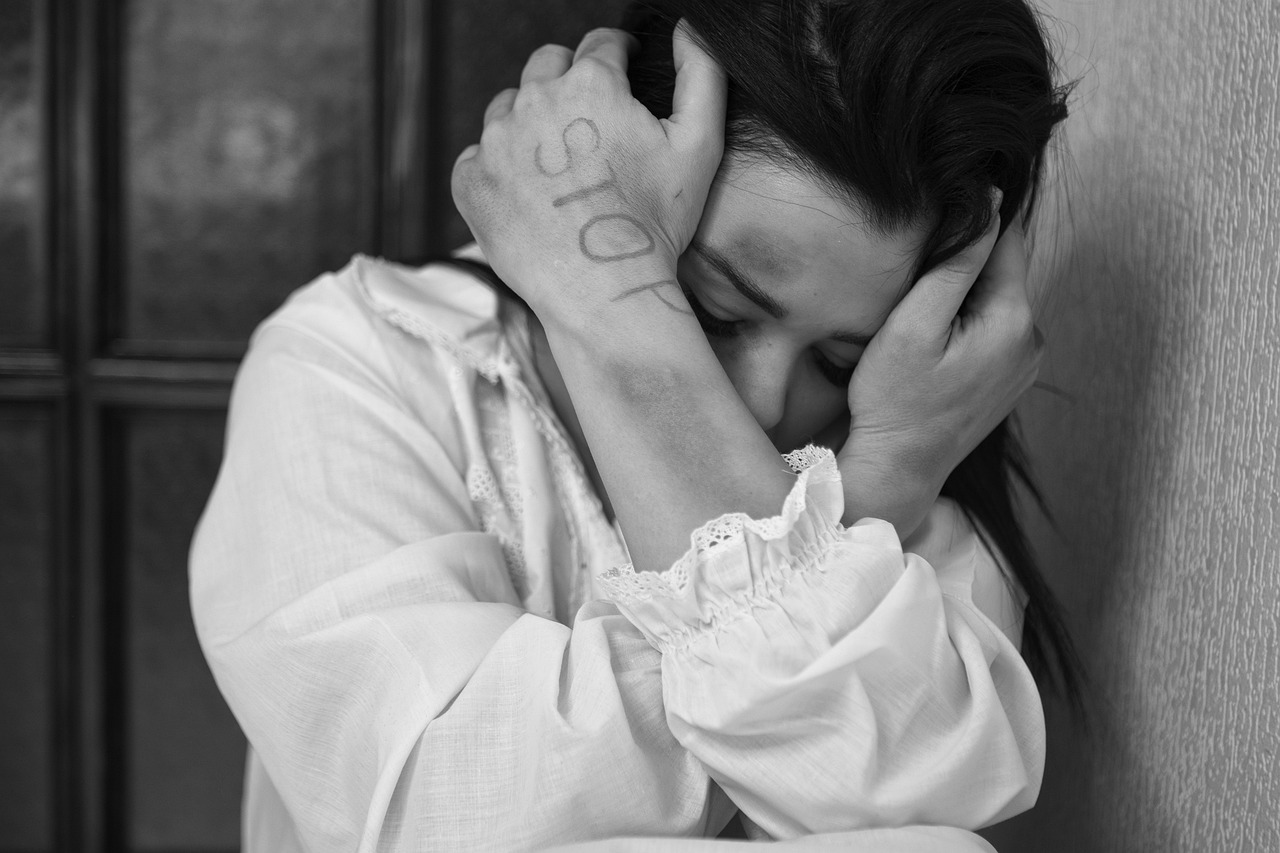A Staggering 26,000 Domestic Abuse Reports Made to Gardaí Since June 2024: A Harrowing Reality
In a shocking revelation, a staggering 26,000 reports of domestic abuse have been made to An Garda Síochána since the beginning of June 2024. This grim statistic equates to one report every ten minutes, highlighting the pervasive and relentless nature of domestic violence in Ireland. As of early July, this number highlights an urgent and critical issue that demands immediate attention and action.
The distressing figures were shared during the latest edition of the Garda Podcast, where host Patrice Harrington spoke with Detective Superintendent Sinéad Green of the Garda National Protective Services Bureau (GNPSB). “We have seen, since the beginning of June, already 26,000 domestic abuse incidents reported,” said Det Supt Green. This epidemic of violence is not confined to any one area but is widespread across every village, town, and county in Ireland.
Domestic abuse, a crime often repeated against the same victims without adequate intervention, stands in stark contrast to other forms of criminality. If a person were burgled repeatedly by the same perpetrator, swift and decisive action would typically follow, including arrest and prosecution. Yet, victims of intimate partner violence often face systemic minimisation and a lack of effective protection.
This disparity in response is profoundly troubling. Despite the clear and present danger to victims, society continues to diminish the harm inflicted by domestic violence. The contrast is poignantly illustrated by a recent social media meme comparing women’s avoidance of men to people’s fear of bear attacks. The meme starkly highlights the extreme measures women take to avoid potential violence in both private and public spaces. If we had dogs or bears attacking at the same level as women are attacked, it would be deemed a public safety crisis, necessitating immediate action.
The introduction of a new bill proposing the creation of a domestic violence register marks a pivotal step forward in addressing this issue. This register would allow women to inquire with An Garda Síochána about a partner’s violent past. Additionally, those with domestic violence convictions would be required to inform gardaí of their whereabouts and any new relationships. This legislation, brought to the Seanad last week, aims to enhance protections for victims and hold abusers accountable.
Believing and supporting victims is crucial. It is imperative that we do not wait for a tragedy, such as a loss of life, before taking action. The current situation, where many counties in Ireland lack adequate refuge facilities, forces victims to return to dangerous environments. The government’s role in protecting women must include ensuring that the judicial system is trauma-informed and that comprehensive training is provided to all involved in handling domestic violence cases.
During the podcast, Det Supt Green shed light on the various forms of domestic abuse, including coercive control – a behavioural offense that instills fear and causes significant psychological harm without necessarily involving physical violence. Coercive control isolates victims from their support networks, gradually eroding their contact with family and friends. This control often escalates during significant life events, such as pregnancy, and the abuser’s objective remains the same, to dominate and control the victim.
Gaslighting, another insidious tactic employed by abusers, involves manipulating the victim’s perception of reality, thereby controlling their movements, communications, and financial decisions. Victims often struggle to recognise the severity of their situation due to the psychological manipulation and isolation they endure. The importance of maintaining connections with trusted individuals who can offer support and validation cannot be overstated.
Domestic abuse impacts individuals across a spectrum of relationships, including men and those in same-sex relationships. However, women are disproportionately affected by violence from current or former male partners. Det Supt Green emphasised the critical role of the Gardaí in providing support and safety advice, particularly during high-risk periods such as post-separation or holidays like Christmas.
Recent legislative advancements, including laws addressing non-fatal strangulation, signify progress in recognising and penalising severe forms of abuse. Strangulation, a particularly cruel method of asserting dominance, is now a standalone offense with severe penalties, reflecting the seriousness of this crime.
The need for systemic change is evident. Victims must be believed and supported, and society must recognise the profound impact of domestic abuse. The establishment of more refuges, comprehensive training for judicial personnel, and legislative measures like the domestic violence register are vital steps towards ensuring the safety and well-being of victims.
Det Supt Green concluded with a call to action for those experiencing domestic abuse: “Reach out to somebody you trust, that will listen to you, that will support you. A family member, a friend, the gardaí – we have excellent support services. It is not your fault.” This message of support and solidarity is crucial in the ongoing fight against domestic violence.
If you have experienced any form of abuse, coercive control or violence, please reach out to the following …
Women’s Aid – call 1800 341 900
An Garda Siochana – call 999 / 112







